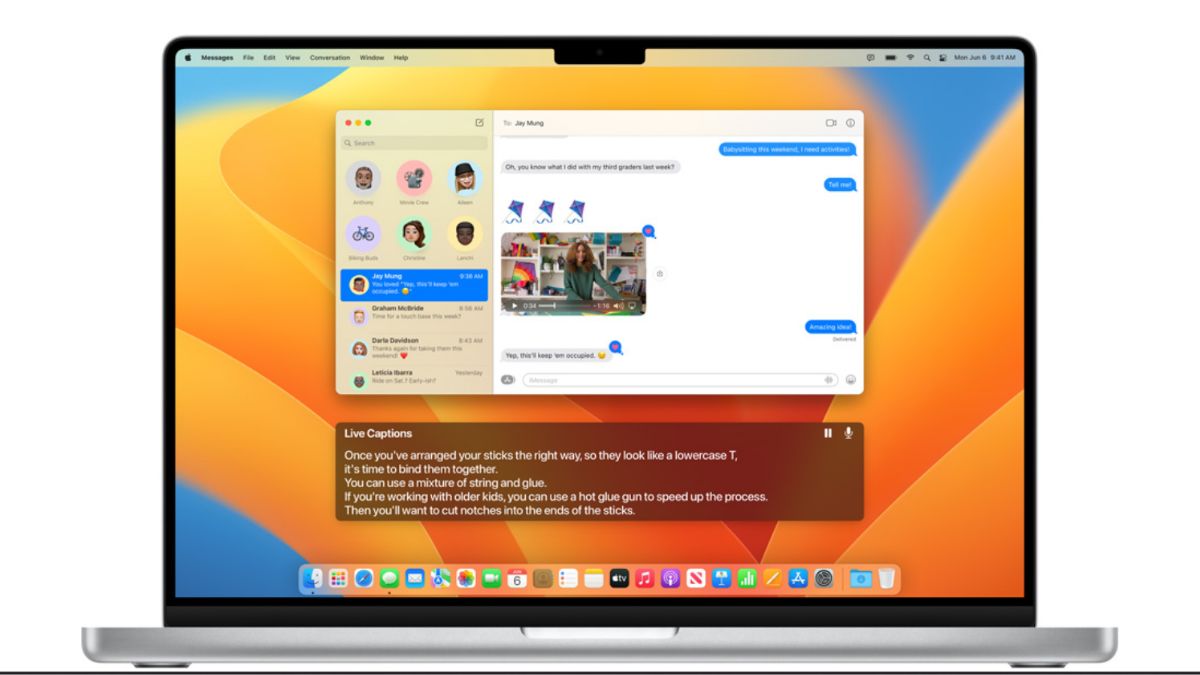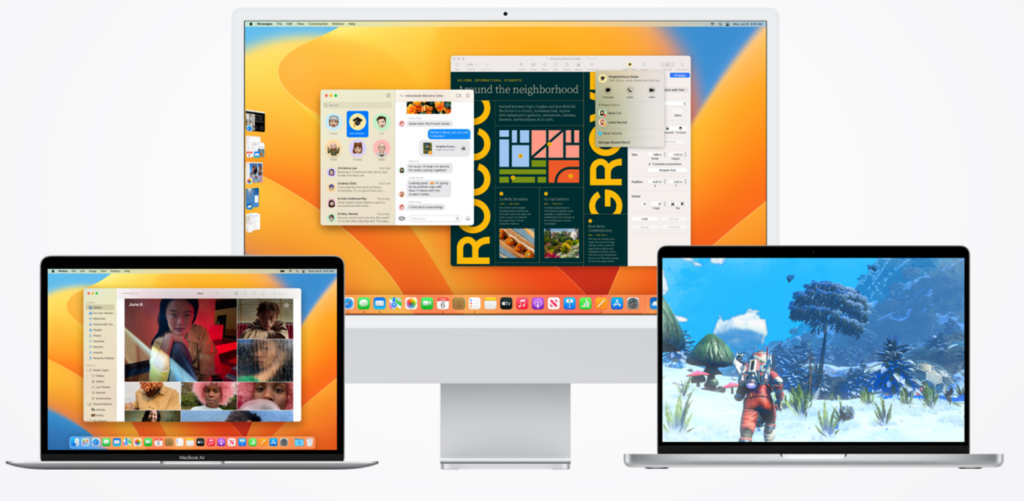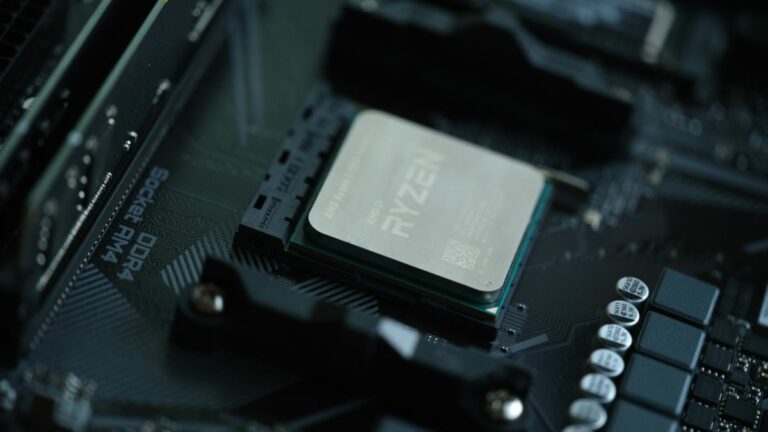macOS 13 Ventura Has Neat USB-C Security Features You’d Love

macOS 13 Ventura packs a nifty feature that protects your Mac from indiscernible USB threats. With the new OS update, the Macs running Apple Silicon will implement a security feature to ask for permissions before passing data. Mac users can be wary of any nefarious USB tool that can secretively collect data.
The Verge spotted the feature in the release notes for the macOS 13 Ventura Beta Release. It clearly describes that the new feature will be available once the users upgrade to macOS 13. However, only Macs running the Apple’s M1 or M2 chips will be able to enjoy the feature.
How do I enable the USB-C security feature on macOS 13 Ventura?
You can change the security configuration by using the following method:
- Go to System Settings.
- Then, navigate to Security and Privacy settings.
- Open Security. By default, the Ask for new accessories option will be active.
It is advisable to keep it enabled. You will get a prompt about every unrecognized USB device that wants to transfer data via the USB Type-C port.
The release notes mention that the new security feature doesn’t apply to power adapters, standalone displays, or connections to an approved hub. These devices can be used without any hindrance or without permitting using them.

“Accessories attached during software updates from prior macOS versions are allowed automatically. New accessories attached prior to rebooting the Mac might enumerate and function but won’t be remembered until connected to an unlocked Mac and explicitly approved,” says Apple in the macOS 13 release notes.
However, there is one glaring concern that Apple addresses in the release note. A feature like this could impact the most trivial need for connecting to a USB Type-C port, i.e., charging. Even if the users select the don’t allow option, the Mac will charge without allowing data transfer. All approved devices will stay connected to a locked Mac for three days. After that, they will require user permissions to connect once again.






